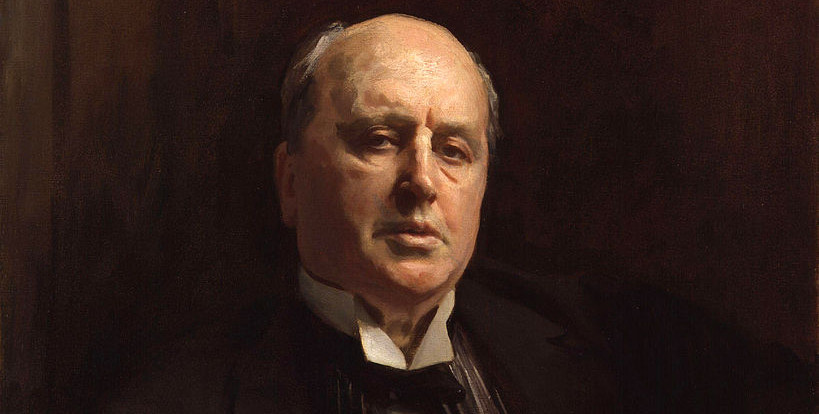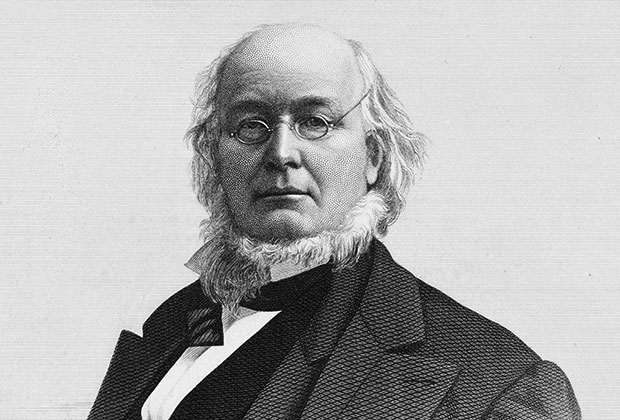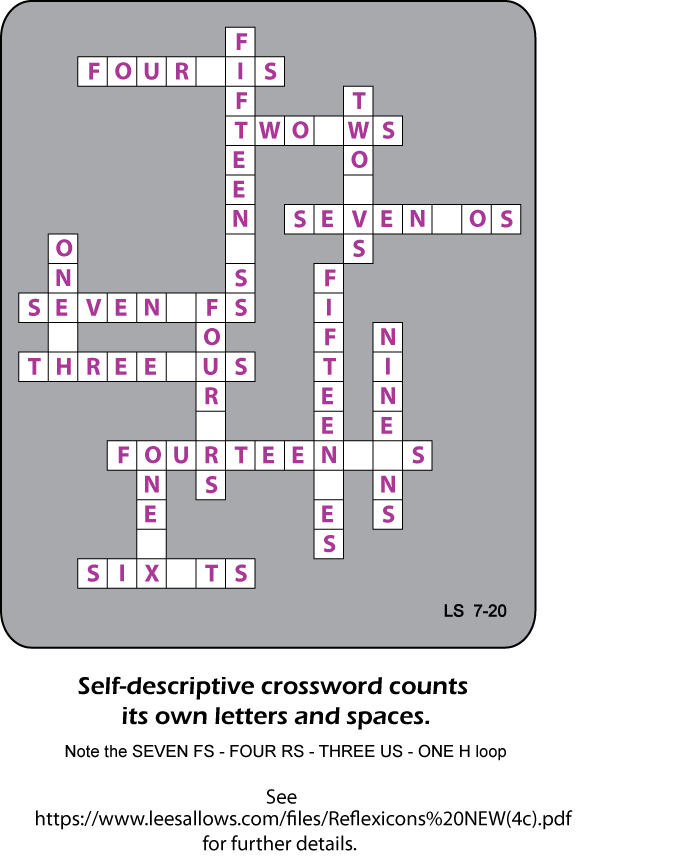Search Results for: in a word
Pledge
One night in 1939, Wolcott Gibbs’ 4-year-old son Tony began chanting a song in the bathtub. It was sung “entirely on one note except that the voice drops on the last word in every line”:
He will just do nothing at all.
He will just sit there in the noonday sun.
And when they speak to him, he will not answer them,
Because he does not care to.
He will stick them with spears and throw them in the garbage.
When they tell him to eat his dinner, he will just laugh at them.
And he will not take his nap, because he does not care to.
He will not talk to them, he will not say nothing.
He will just sit there in the noonday sun.
He will go away and play with the Panda.
He will not speak to nobody because he doesn’t have to.
And when they come to look for him they will not find him.
Because he will not be there.
He will put spikes in their eyes and put them in the garbage.
And put the cover on.
He will not go out in the fresh air or eat his vegetables.
Or make wee-wee for them, and he will get thin as a marble.
He will do nothing at all.
He will just sit there in the noonday sun.
Pete Seeger liked this so much that he made a song of it — he called it “Declaration of Independence”:
Stops and Starts

Henry James’ 1903 novella The Beast in the Jungle is written in his famously tortured syntax:
It led, briefly, in the course of the October afternoon, to his closer meeting with May Bartram, whose face, a reminder, yet not quite a remembrance, as they sat much separated at a very long table, had begun merely by troubling him rather pleasantly.
James Thurber parodied this with “The Beast in the Dingle”:
He had brought himself so fully in the end, poor Grantham, to accept his old friend’s invitation to accompany her to an ‘afternoon’ at ‘Cornerbright’ that now, on the very porch of the so evident house, he could have, for his companion, in all surrender, a high, fine — there was no other word for it — twinkle.
Thurber originally called this “The Return of the Screw.” See Homage and A Prose Maze.
Asked and Answered
Tennyson was plagued by autograph hunters.
As a pretext, one wrote to him asking which was the better dictionary, Webster’s or Ogilvie’s.
He replied by cutting the word Ogilvie’s from the letter, pasting it to a blank sheet of paper, and mailing it back.
See Pen Fatigue.
All Right
In a French journal Oscar Wilde once saw the drawing of a bonnet.
Under it were the words “With this style the mouth is worn slightly open.”
Regrets
When Charles Dickens was editing Household Words, a young writer named Laman Blanchard submitted an interminable poem titled “Orient Pearls at Random Strung.”
Dickens mailed it back with a note: “Dear Blanchard, too much string — Yours, C.D.”
Better Safe

The word curfew derives from the Old French phrase couvre-feu, which means “cover fire.” Under a law imposed by William the Conqueror, all lights and fires had to be covered by 8 p.m. to reduce the risk of conflagration in towns still built largely of timber.
The practice spread through medieval Europe. Writes historian Roger Ekirch, “Not only were streets swept of pedestrians, but homes still aglow after the curfew bell ran afoul of authorities. Besides incurring fines, offenders faced the risk of incarceration, especially if caught outdoors.”
(At Day’s Close: Night in Times Past, 2006.)
Do It Yourself
That wise philosopher, William J. Boardman, tells me that those first threatening aggressive noises [man’s first swearing] were full of G’s and K’s and P’s and H’s and harsh sibilants. Such noises had the effect of a blow; they needed no dictionary to prove they were primed with all the bad magic of an evil wish. …
If I am to take seriously Mr. Boardman’s assertion that only a certain five letters have objurgatory value, then why not make words out of them and consider them as much our own private property as ‘jobjam’ belonged to Booth Tarkington, or ‘Malaga!’ to Dumas? Try ‘Bodkogh!’ for instance, or ‘Hagbadek!’ ‘Khigbod!’ ‘Dakadigbeg!’ or ‘Godbekho!’
— Burges Johnson, The Lost Art of Profanity, 1948
Agreed

Another example of Horace Greeley’s terrible handwriting: According to biographer Lurton Dunham Ingersoll, in 1870 the town of Sandwich, Illinois, invited Greeley to address its lecture association. He responded:
Dear Sir. — I am overworked and growing old. I shall be 60 next Feb. 3. On the whole, it seems I must decline to lecture henceforth, except in this immediate vicinity, if I do at all. I cannot promise to visit Illinois on that errand — certainly not now.
The town replied:
Dear Sir. — Your acceptance to lecture before our association next winter came to hand this morning. Your penmanship not being the plainest, it took some time to translate it; but we succeeded; and would say your time ‘3d of February,’ and terms ‘$60,’ are entirely satisfactory.
They added, “As you suggest, we may be able to get you other engagements in this immediate vicinity; if so, we will advise you.”
Efficient
In a friendly competition with linguist Richard Lederer in 1990, Bruce Monrad, a student at St. Paul’s School in Concord, N.H., produced an 11-word “supersentence” — “a single sentence that includes one example of each of the four phrases and three subordinate clauses that are identified in English grammar. These are: prepositional phrase, participial phrase, gerund phrase, infinitive phrase, adverb clause, adjective clause, and noun clause”:
Whoever rebels, daring oppose by fighting when oppressed, which overcomes, conquers.
Dave Morice labels the parts here. Lederer notes that the adjective clause, “which overcomes,” is a dangling modifier. “Still, I have never been able to improve on Bruce’s effort.”
(Richard Lederer, “The Glamour of Grammar,” Verbatim 16:4 [Spring 1990], 5-6.)

